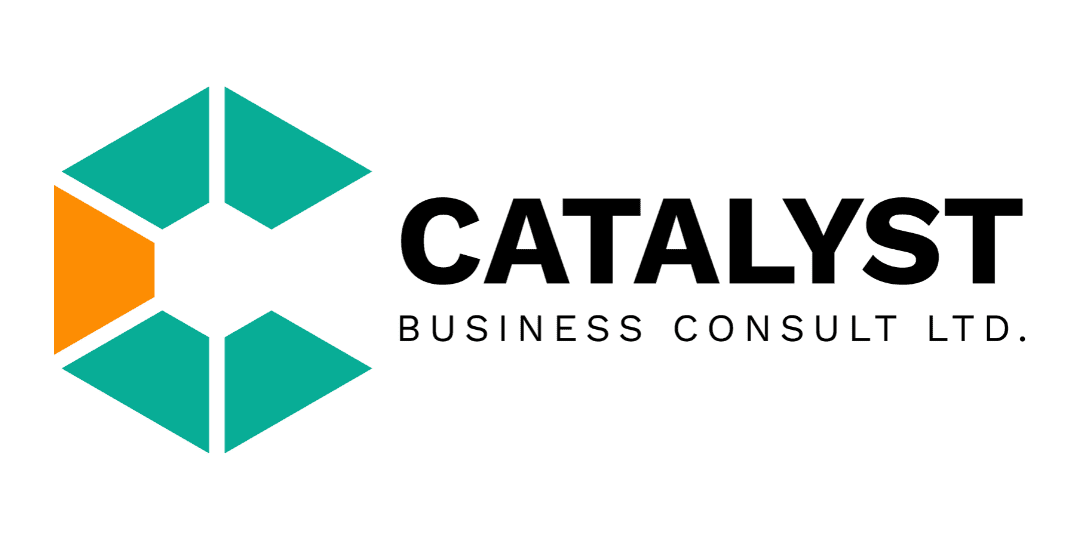If you’ve ever found yourself wondering how businesses build winning teams or manage tasks effectively, understanding recruitment and outsourcing is key. These two strategies are frequently confused, yet they are just as distinct as ordering takeaway versus employing a personal chef.
Both are useful, but which one is best for your company’s requirements? Let’s analyze it so you can make the best decision.
What is Recruitment?
Think of recruitment as the process of creating the ideal team from the ground up. The process of locating, vetting, and employing people to do particular tasks within a company is known as Recruitment.
For example: You are the owner of a tech startup that requires a full-time software developer. By recruiting, you will publish a job opening, conduct interviews, and ultimately select a candidate who shares your company’s values and long-term objectives.

Benefits of Recruitment
- Cultural Alignment: Recruitment allows you to hire people who understand and share your company’s values, goals, and culture. This creates a unified and motivated team.
- Increased Control: You have total control over the work of your team, making sure that projects are finished on schedule and to your standards. This is particularly important for delicate or group affairs.
- Long-term Growth: Over time, employees hired for internal roles develop a strong familiarity with your company, which encourages innovation, loyalty, and process improvements.
- Skill Development: You can train and develop your team’s abilities through in-house hiring, adjusting their development to fit your business’s changing demands.
What is Outsourcing?
Outsourcing, on the other hand, is like hiring a professional catering service for a party. Instead of building a team in-house, you delegate tasks to an external provider who specializes in that area. It’s fast, efficient, and often cost-effective.
Example: Let’s say your startup needs a marketing campaign but lacks an in-house team. Instead of hiring, you outsource the task to a marketing agency that handles everything from strategy to execution.

Benefits of Outsourcing
- Cost-Efficiency: Outsourcing helps reduce costs associated with salaries, benefits, training, and infrastructure. You only pay for services when you need them.
- Access to Expertise: It gives you instant access to specialized professionals without the need for recruitment or long-term retention.
- Scalability and Flexibility: Outsourcing allows you to quickly scale services up or down based on demand, avoiding the hassle of hiring or laying off staff.
- Focus on Core Business: By outsourcing non-core tasks to experts, your internal team can concentrate on strategic priorities and areas where you excel.
The Difference Between Recruitment and Outsourcing
Understanding the difference between recruitment and outsourcing is crucial to choosing the right approach for your business. While recruitment focuses on building an internal team, outsourcing is about delegating tasks to external experts. Let’s look at some key distinctions:
| Aspect | Recruitment | Outsourcing |
| Control | Full control over employees | Limited control, managed by external affairs |
| Cost | Higher upfront cost (salary, benefits) | Lower short-term cost |
| Expertise | Train and develop in-house | Immediate access to specialists |
| Commitment | Long-term commitment | Project-based or temporary |
When Should You Choose Recruitment?
Recruitment is your go-to strategy when you need dedicated, long-term team members. It’s ideal for:
- Building a company culture.
- Filling permanent roles.
- Tasks that require full-time commitment.
When Should You Choose Outsourcing?
Outsourcing is perfect for short-term projects, specialized tasks, or when you need flexibility. Consider outsourcing when:
- You have limited resources to manage in-house teams.
- You need expertise for a specific project.
- There’s a seasonal spike in workload.
Can You Combine Recruitment and Outsourcing?
Absolutely! For optimal effectiveness, many companies combine the two approaches. For example, a business may hire an internal IT manager while contracting with a specialized organization to handle complex cybersecurity obligations. This hybrid strategy combines flexibility and stability for the best of both worlds.
In summary, understanding recruitment and outsourcing isn’t just about knowing their definitions, it’s about recognizing their unique advantages and deciding which suits your business goals. Now that you’re armed with this knowledge, you’re ready to take your business to the next level!
Kindly follow and Contact us via the following platforms:


